
How to get URL link on X (Twitter) App



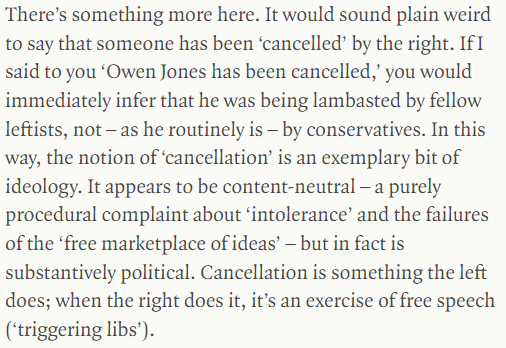



 More seriously, I don't know if anyone needs or wants a critique of Chris Maisano's critique of my critique of his critique
More seriously, I don't know if anyone needs or wants a critique of Chris Maisano's critique of my critique of his critiquehttps://twitter.com/_ericblanc/status/1625571408725295104


 Overall postings in US history dropped from an average of 156 t-t jobs per year to an average of under 99. Even leaving out the Covid drop in 2020, the average over the last two years is 115.5. That's a substantial and possibly crippling decline, as @dbessner & others have noted.
Overall postings in US history dropped from an average of 156 t-t jobs per year to an average of under 99. Even leaving out the Covid drop in 2020, the average over the last two years is 115.5. That's a substantial and possibly crippling decline, as @dbessner & others have noted.

 here's white voters by education. You could call this the dealignment index
here's white voters by education. You could call this the dealignment index 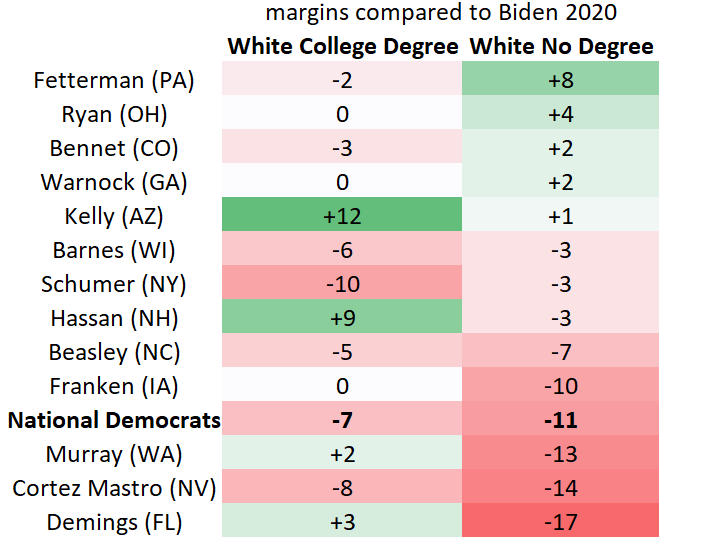

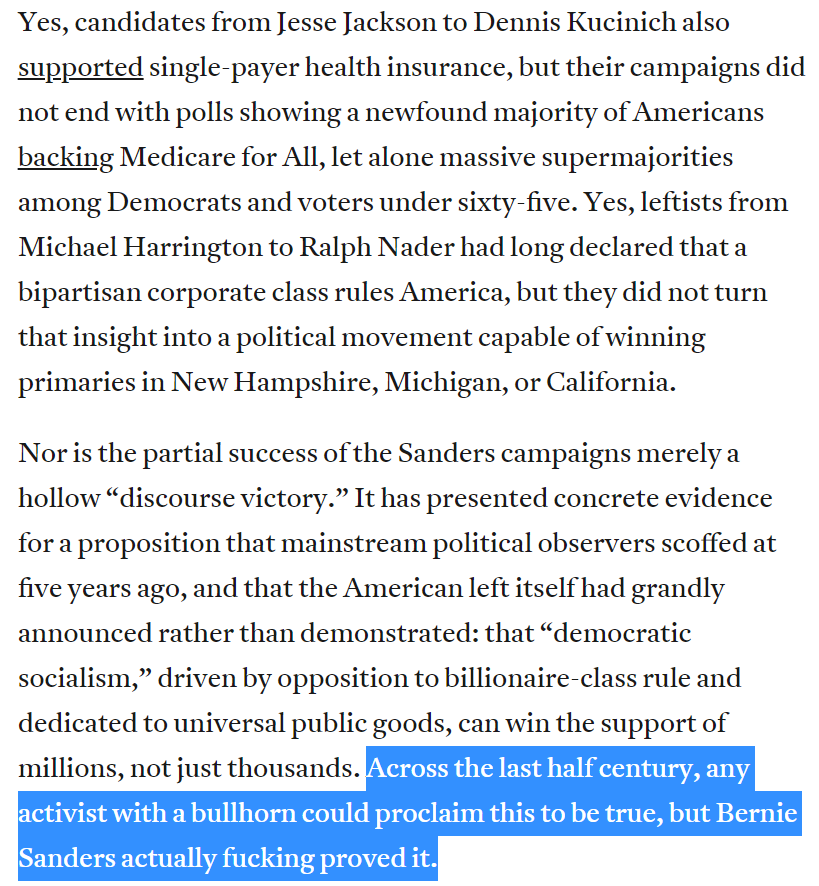




https://twitter.com/DineshDSouza/status/1056516965848760320On the handful of occasions when Lincoln called himself "conservative," he referred exclusively to the Republican Party's effort to conserve the antislavery principles of the Revolution, threatened in the 1850s by an aggressive Slave Power. quod.lib.umich.edu/l/lincoln/linc…
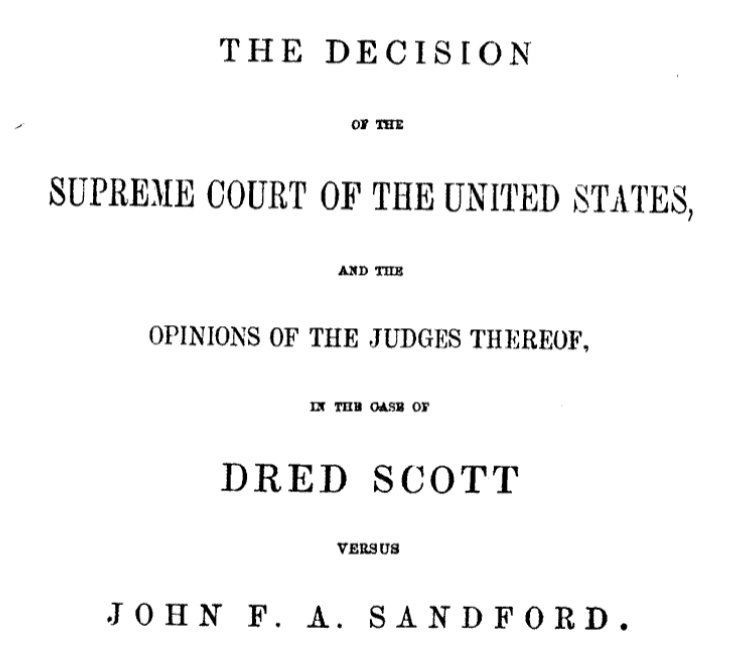

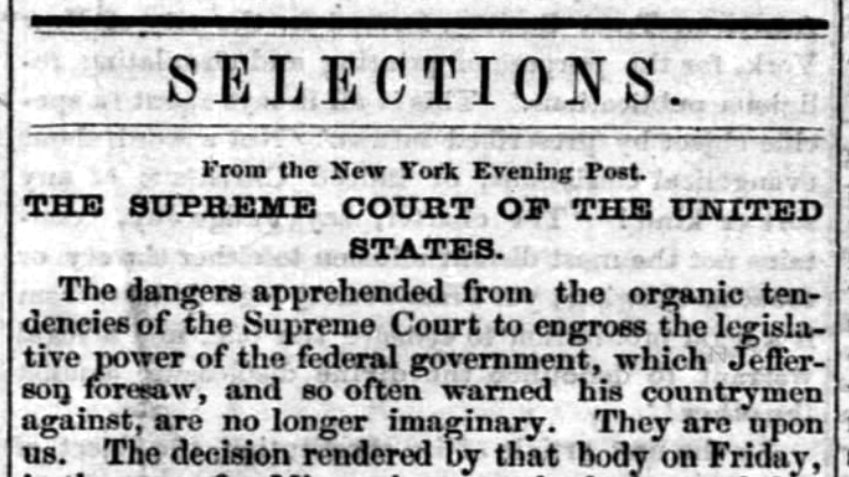 (2)
(2)